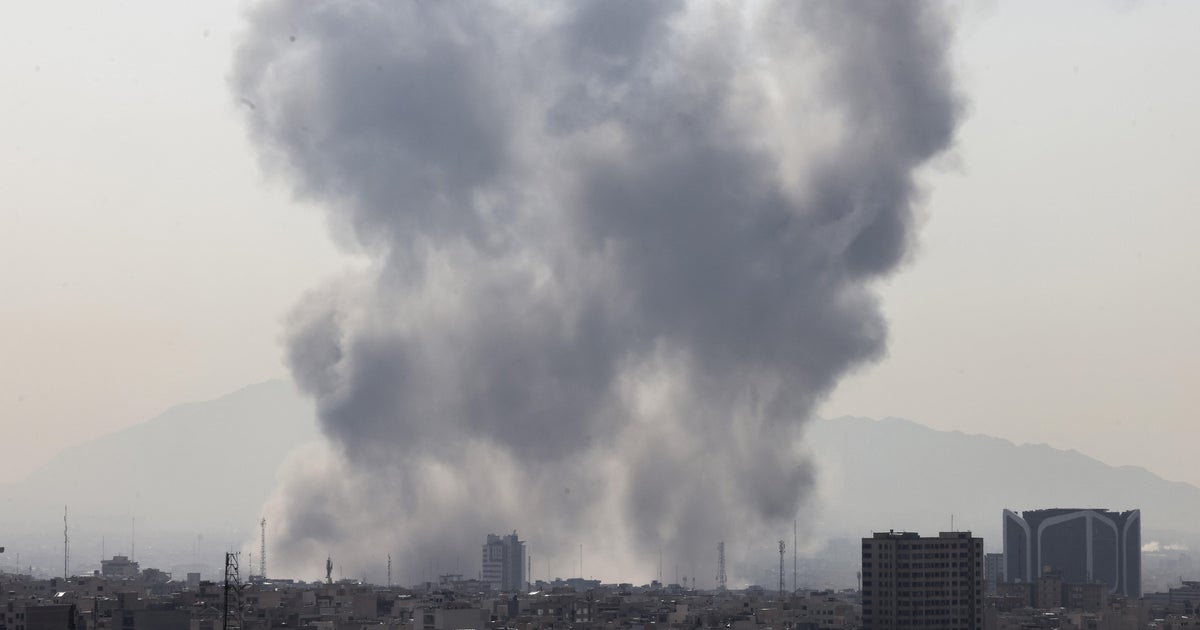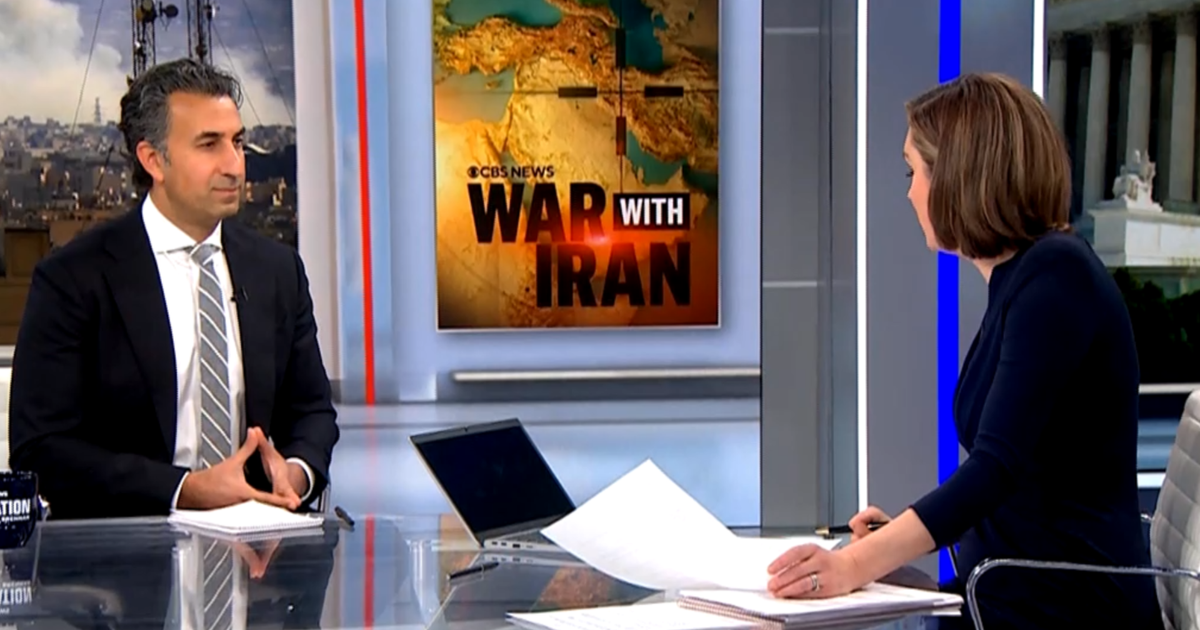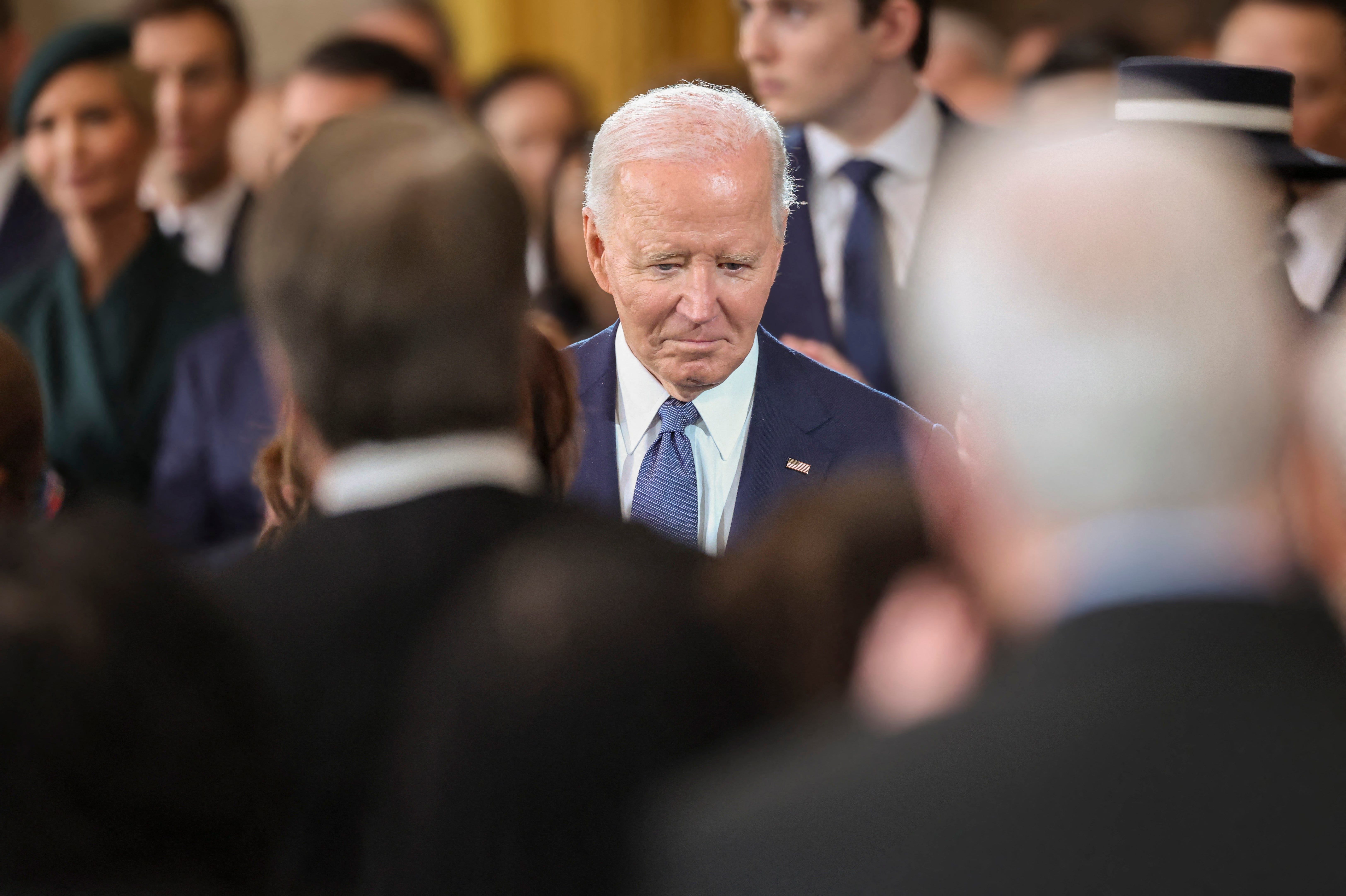Biden unveils national COVID strategy with slate of executive orders
Washington — President Joe Biden signed 10 executive orders at the White House on Thursday as part of his national strategy to combat COVID-19, warning Americans that the pandemic which has already claimed more than 408,000 American lives is certain to get worse.
"Above all our plan is to restore public trust," Mr. Biden said at the White House, appearing alongside Vice President Kamala Harris and Dr. Anthony Fauci, who will now play a more public role as the new administration embarks on its pandemic response effort.
"Let me be very clear, things are going to continue to get worse before they get better. The memorial we held two nights ago will not be our last one unfortunately," the president said, referring to a pre-inauguration memorial service he attended at the Lincoln Memorial.
Experts expect the United States' COVID-19 death toll to reach half a million people next month. Mr. Biden promised that his administration's approach, laid out in a 198-page plan, matches the gravity of the moment, calling it a "war-time undertaking."
"The cases will continue to mount, we didn't get into this mess overnight, and it's going to take months for us to turn things around," Mr. Biden said. "But let me be equally clear, we will get through this, we will defeat this pandemic, and to a nation waiting for action, let me be the clearest on this point: Help is on the way."
Under the "National Strategy for the COVID-19 Response and Pandemic Preparedness," the administration aims to vastly expand testing, reopen the majority of K-8 schools in the next 100 days, and administer 100 million vaccine doses by the end of April. "This will be one of the greatest operational challenges our nation has ever undertaken," Mr. Biden said of the vaccine distribution effort.
The national strategy says the Biden administration aims to stand up a coordinated response while restoring "trust, accountability and a sense of common purpose in our response to the pandemic," an unmistakable dig at the Trump administration's handling of the pandemic. Jeffrey Zients, the coordinator of the White House's COVID-19 response, told reporters on Wednesday that the situation the Biden team is inheriting "is so much worse than we could have imagined."
White House officials couldn't say when the vaccine will be available for the general population — those without underlying health conditions who are under age 65 and not essential workers.
"The brutal truth is, it's going to take months before we can get the majority of Americans vaccinated," Mr. Biden reiterated Thursday. The U.S. was administering nearly 1 million doses a day when Mr. Biden took office, so the country is already roughly on pace for 100 million doses by the end of April. But even hitting that goal means only 50 million people will be vaccinated, since both authorized vaccines require two injections to be effective.
Officials also acknowledge that much of their plan will be impossible if Congress doesn't pass the administration's nearly $2 trillion coronavirus proposal.
Mr. Biden said he would use the Defense Production Act (DPA) to speed vaccine and PPE production and reduce supply-chain log jams. The national strategy calls for "prioritizing supplies that could cause bottlenecks" and potentially using the DPA to produce "glass vials, stoppers, syringes [and] needles" to ensure that drug manufacturers have all the supplies they need to keep packaging vaccine doses as they're produced. Officials said their goal was to shore up stockpiles for the immediate need and any future pandemics.
"Our national plan launches a full scale war time effort to address the supply shortages by ramping up production and protective equipment, syringes, needles, you name it," Mr. Biden said.
The administration is directing the Federal Emergency Management Agency (FEMA) to create a liaison or point person for each state, something intended to hasten the vaccination process. The administration will also establish a coronavirus testing board.
To increase vaccine availability, the administration plans to erect vaccine centers at stadiums and community centers and mobilize federal personnel to help administer shots. This is a departure from the Trump administration's approach, which sent vaccine doses to states and localities and largely left it to them to figure out distribution.
Under the Biden administration, vaccine doses will no longer be held back by the government, except for a small strategic reserve. The Trump administration, too, eventually adopted this very policy after the Biden transition team announced it would release all but a few doses.
The Biden administration is also putting a spotlight on racial and geographic disparities in healthcare. One of the president's executive orders establishes a health equity task force, led by Dr. Marcella Nunez-Smith, to compile data on the coronavirus' disproportionate impact on minority communities.
Former President Trump's surgeon general, Jerome Adams, has been asked to stay on to advise Mr. Biden's COVID-19 response. Zients said the administration will hold regular press briefings with government doctors including Anthony Fauci.
Executive orders
- Directing agencies to address vaccine and PPE supply shortfalls using all authorities including DPA;
- Directing OSHA to publish worker safety guidelines;
- Establishing a coronavirus testing board;
- Directing government scientists to identify new treatments for COVID-19;
- Directing HHS and CDC to provide clear guidance on safe school reopening;
- Directing agencies to expand data collection and reporting capacity;
- Establishing a health equity taskforce that focuses on racial/geographic health disparities; Dr. Marcella Nunez-Smith will be chair;
- Enhancing the collection, sharing and analysis of covid data including metrics by race and ethnicity;
- Require mask wearing on planes, trains and other forms of public transportation;
- Bolster clinical care facilities and long term care facilities.
Presidential memos
- Providing reimbursement to schools for PPE through FEMA relief fund;
- Directing FEMA to increase state reimbursement for National Guard from 75% to 100%.



